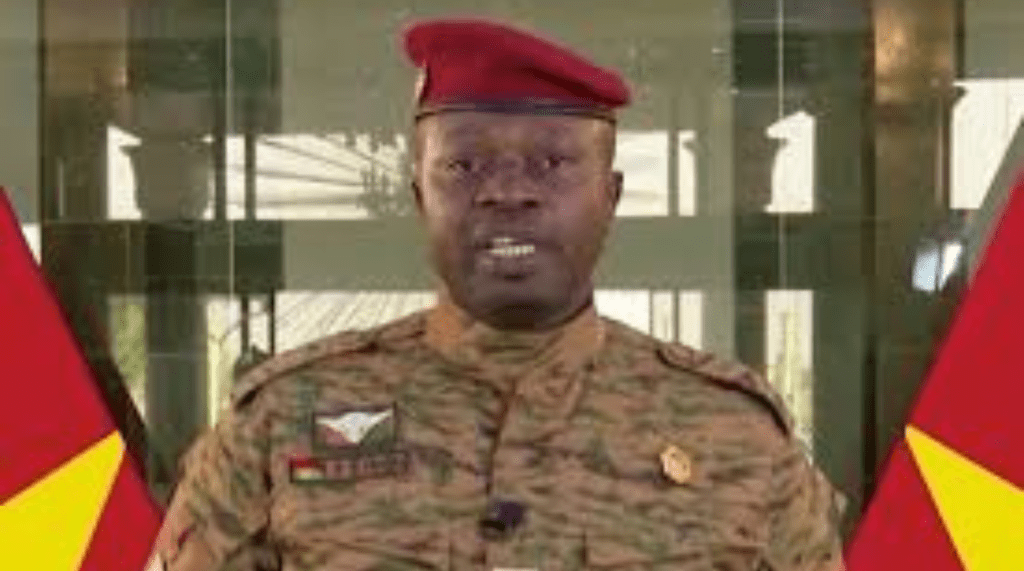In a military-led coup, soldiers detained Burkina Faso’s President Roch Marc Christian Kaboré, marking a significant shift in the nation’s political landscape. Reports of gunfire near the presidential residence in Ouagadougou surfaced over the weekend, escalating concerns about government stability. By early Monday, mutinying soldiers seized control of the state television station, Radio Télévision du Burkina, where they announced the takeover.
The coup, led by a group calling itself the Patriotic Movement for Safeguard and Restoration (MPSR), was announced on state TV by military spokesperson Captain Sidsoré Kader Ouedraogo. He cited the government’s failure to contain the escalating Islamist insurgency in the region as a primary reason for the action. The movement dissolved both the government and the National Assembly, suspended the constitution, and implemented a nationwide curfew. Borders were also closed, adding to the isolation and disruption felt across the country.
Kaboré, first elected in 2015 and re-elected in 2020, faced significant criticism for his handling of an Islamist insurgency that has displaced more than 1.5 million people. Widespread protests had recently intensified, with citizens demanding stronger security and urging Kaboré’s resignation. In response to the coup, the Economic Community of West African States (ECOWAS) and the African Union both condemned the action, urging the military to protect Kaboré’s wellbeing.
President Kaboré took to Twitter, calling for dialogue and urging soldiers to put down their arms, but his precise whereabouts remained unclear amid reports of his detention at a military barracks in Ouagadougou. By evening, it was evident that Kaboré’s presidency had ended, casting uncertainty over the future political direction of Burkina Faso.
This coup marks the latest in a series of political upheavals in West Africa, reflecting regional instability and growing dissatisfaction with leadership unable to curb rising insurgencies.






















